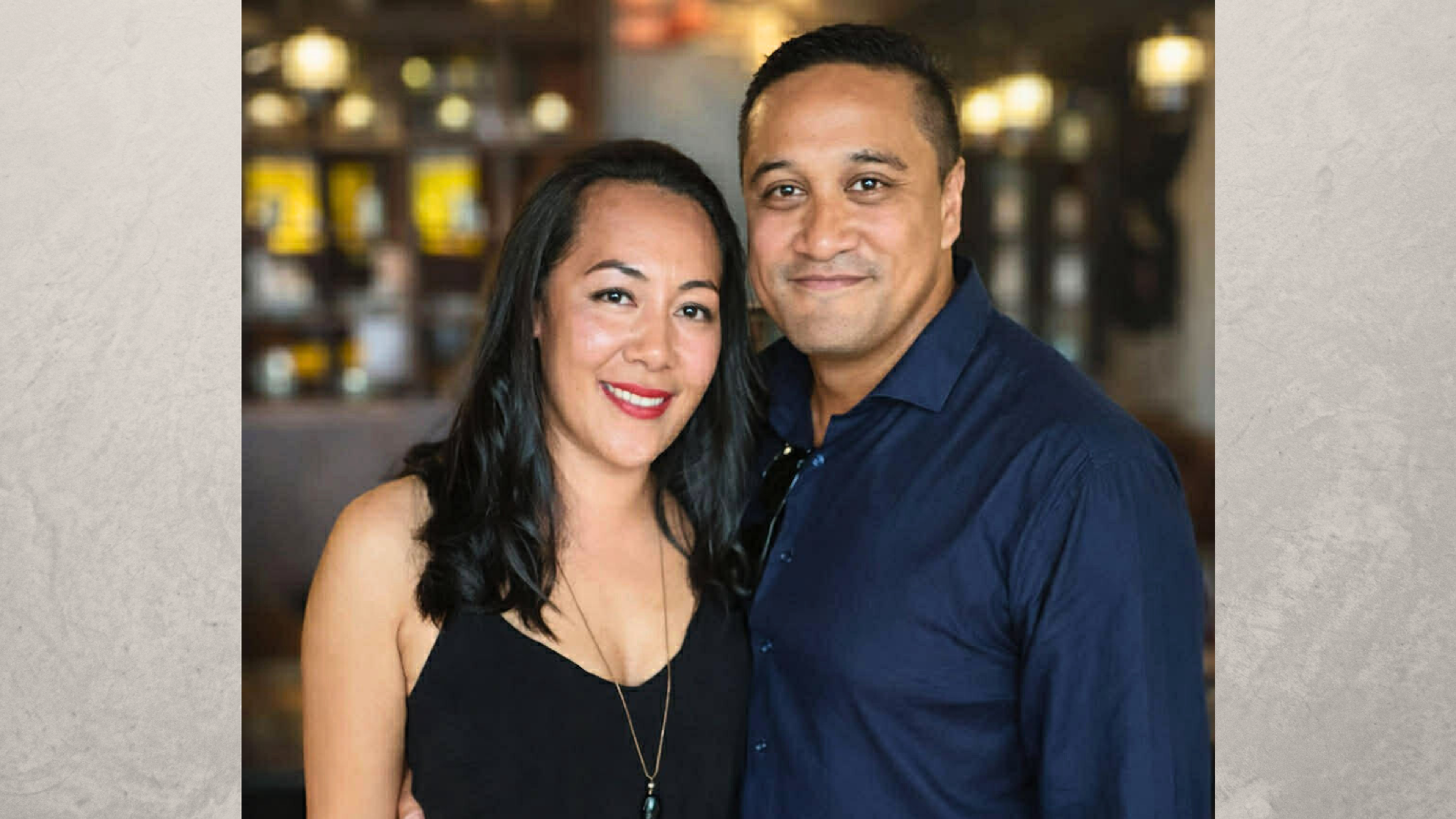

Cook Islands Prime Minister Mark Brown speaking at the UN Ocean Conference.
Photo/MFAI Facebook
Pacific leaders push for global governance at UN ocean summit
Key discussions include financial investment in ocean health, collaborative frameworks, and private sector involvement to support Pacific ecosystems.


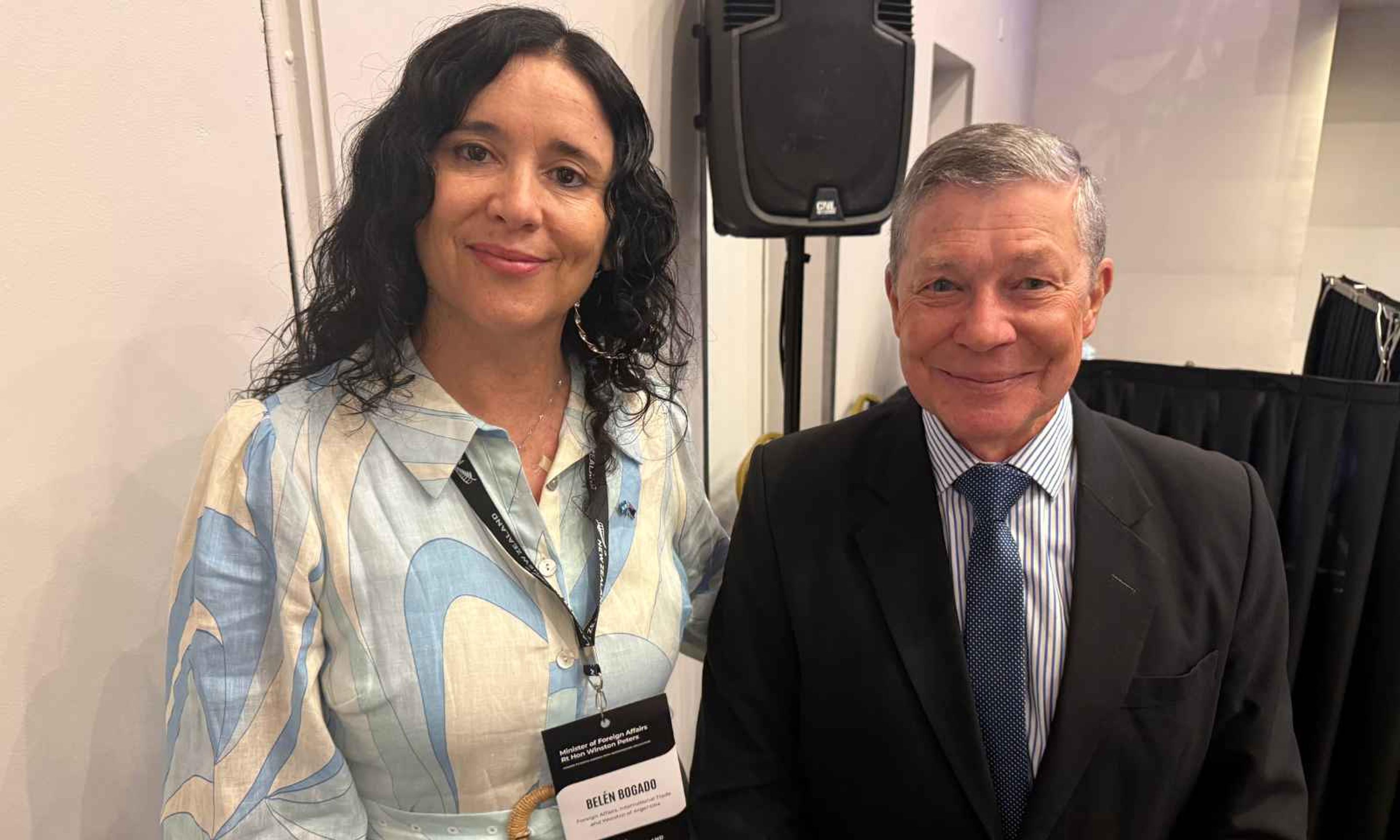
How the Pacific region could benefit from Argentina’s economic rebound, expert
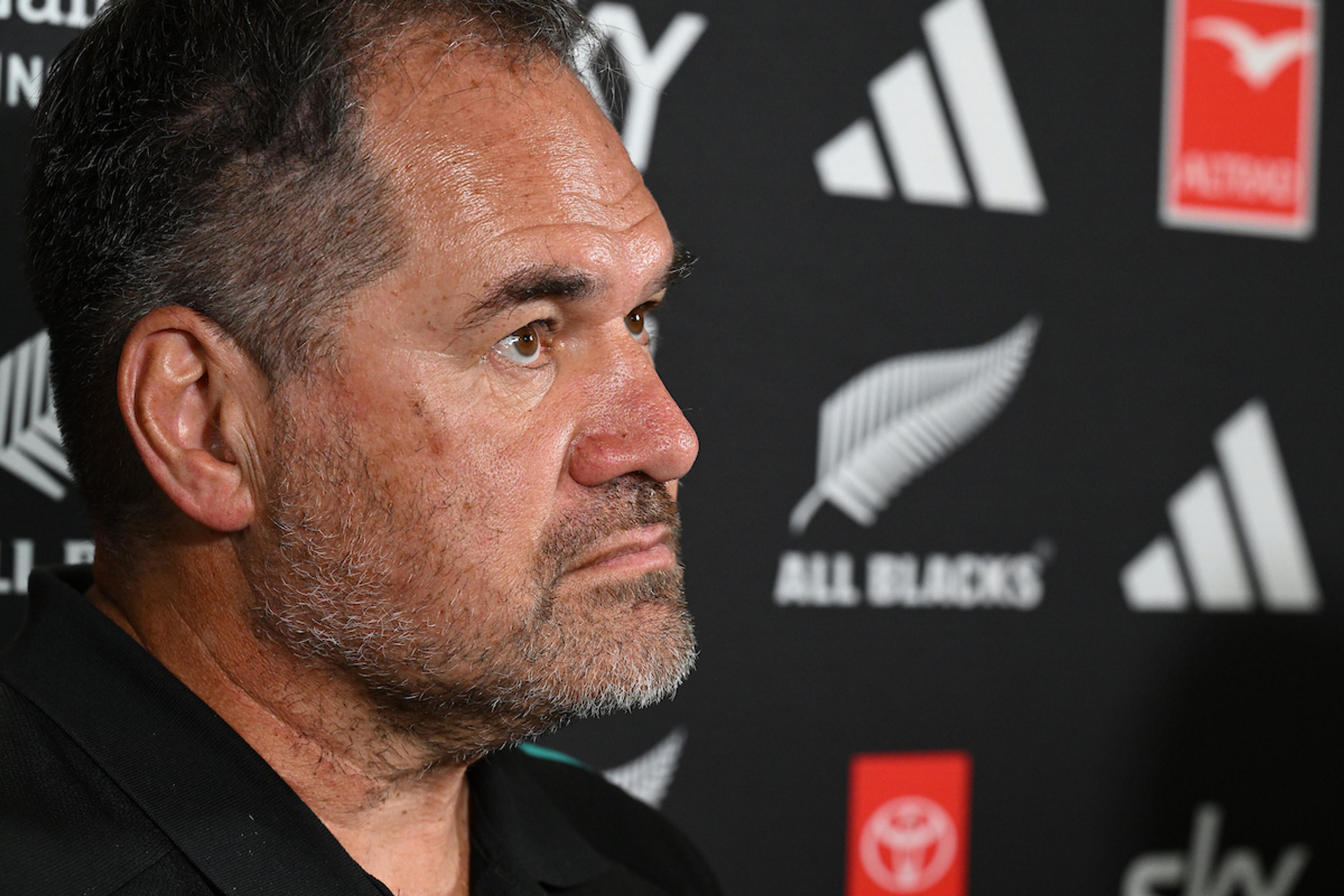
Dave Rennie becomes first All Blacks coach of Pacific heritage

‘Without fear or favour’: Barbara Dreaver chronicles 30 years on the Pacific frontline


Tongan family in Abu Dhabi recount explosions as Middle East conflict escalates

How the Pacific region could benefit from Argentina’s economic rebound, expert

Dave Rennie becomes first All Blacks coach of Pacific heritage

‘Without fear or favour’: Barbara Dreaver chronicles 30 years on the Pacific frontline
Leaders from across the Pacific region are united in their call for an international ocean governance system.
Speaking at the United Nations (UN) Ocean Conference in Nice, France, this week, Cook Islands Prime Minister Mark Brown says such a system is vital for directing financial resources to those working on the frontlines of ocean conservation.
“Through the 2050 Strategy for the Blue Pacific Continent, we are advancing joint enforcement, shared monitoring, and coordinated legal frameworks,” Brown says.
“We have chaired regional bodies, hosted key negotiations, and ratified ocean agreements that show the Pacific’s ability to lead. “The Pacific is not asking for leadership. We are offering it.”
The high-level conference aims to facilitate the implementation of Sustainable Development Goal 14, which focuses on conserving and sustainably using the oceans, seas and marine resources.
Established by the UN in 2015, this goal is part of the 2030 Agenda for Sustainable Development, which was adopted by all UN member states.
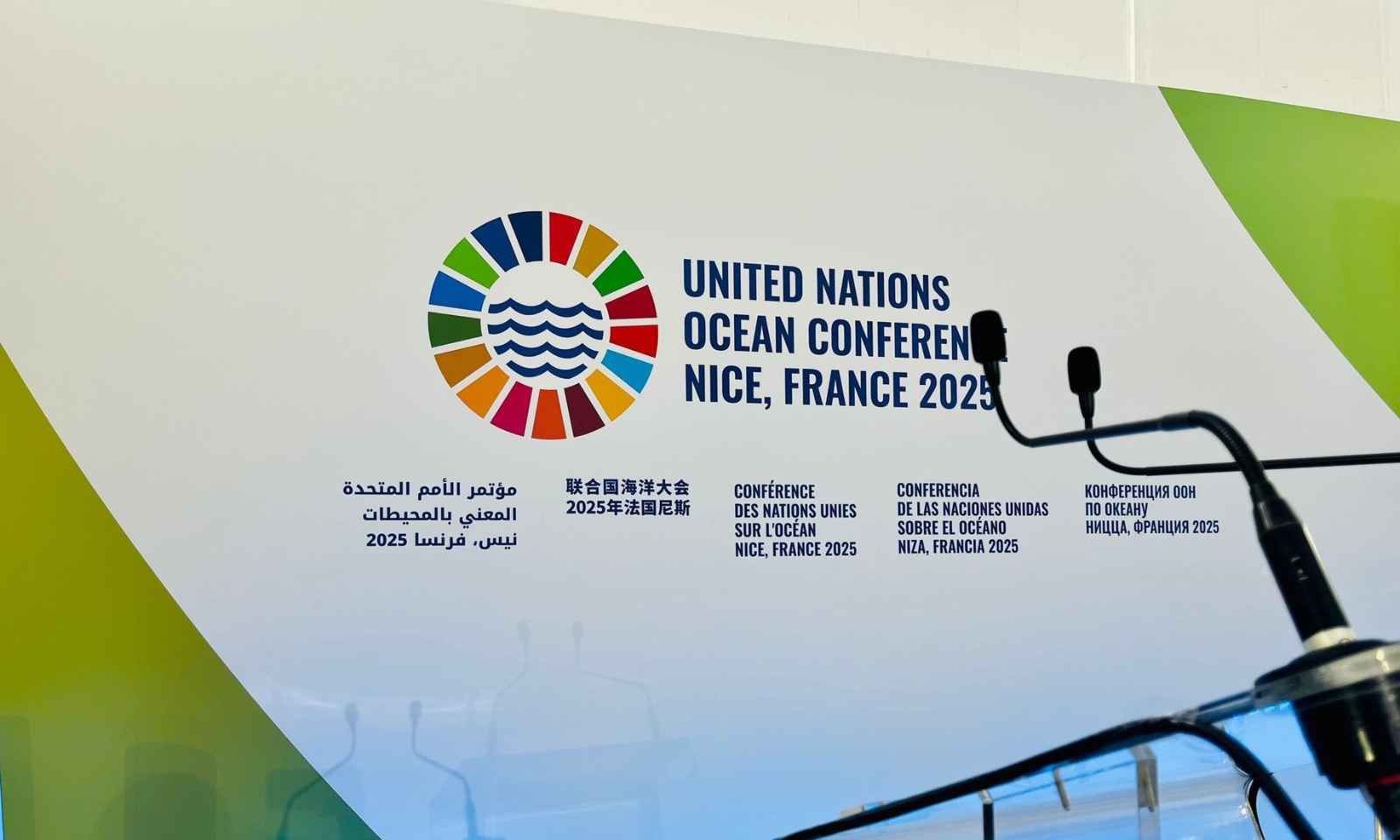
The high-level 2025 United Nations Conference to Support the Implementation of Sustainable Development Goal 14: Conserve and sustainably use the oceans, seas and marine resources for sustainable development (the 2025 UN Ocean Conference) will be held in Nice, France, from 9 – 13 June 2025, co-hosted by France and Costa Rica. Photo/United Nations Facebook
Foreign Affairs Minister Vaovasamanaia Winston Peters is attending the Nice summit on behalf of Prime Minister Christopher Luxon.
During a roundtable discussion for small island developing states, Peters highlighted New Zealand’s contribution of over $16 million to the Global Fund for Coral Reefs, of which Aotearoa is the only Pacific country represented on the Executive Board.
“New Zealand takes our responsibility to our Pacific partners and to ocean health very seriously,” Peters says.
“For this reason, a substantial proportion of our international development funding has gone towards ocean and fisheries activities.”
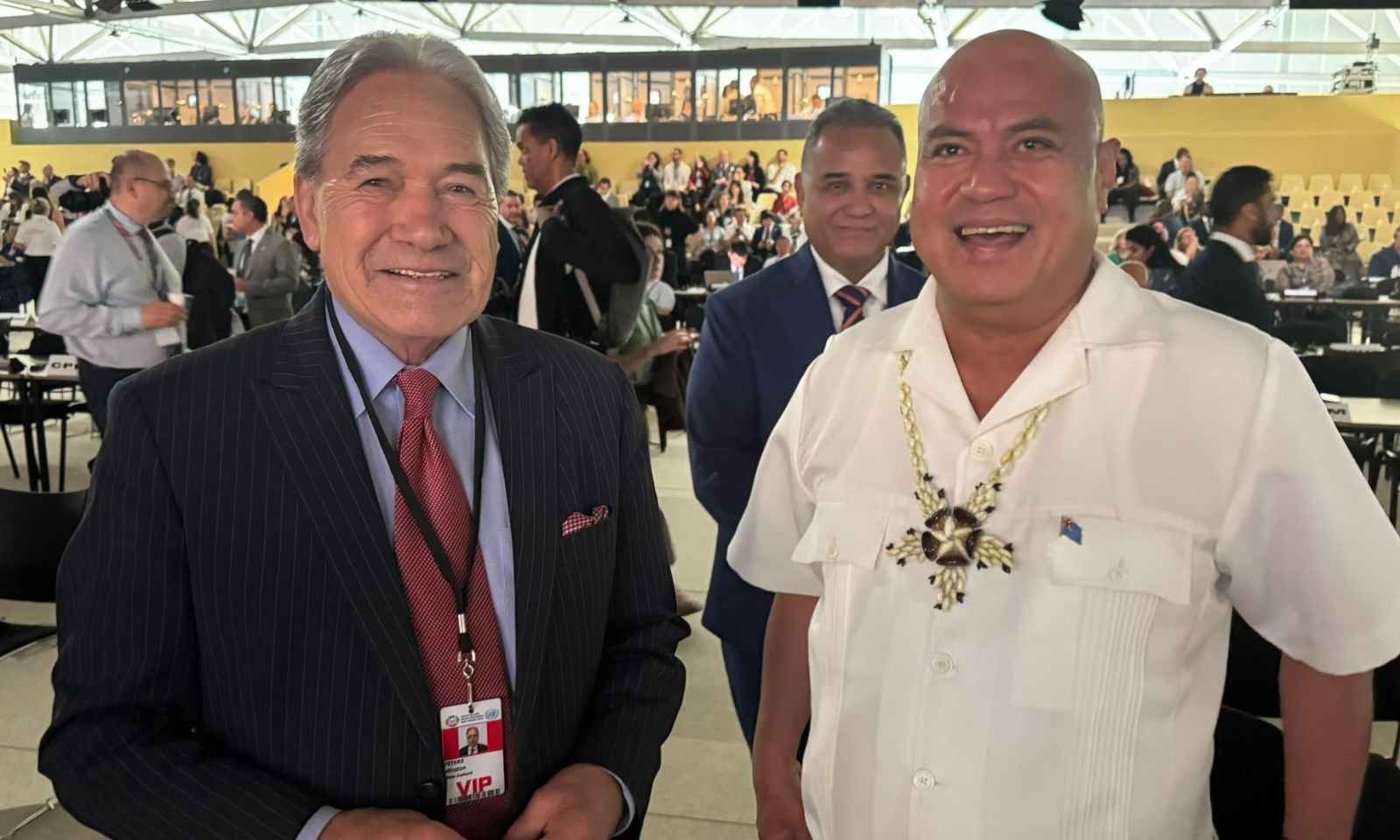
Peters and Tuvalu Prime Minister Feleti Teo. Photo/Supplied
New Zealand has invested over $24m to support the Pacific region’s leading technical agency, the Pacific Community, in developing the Tuna Climate Intelligence System. The system will forecast and monitor changes in the distribution of tuna populations.
New Zealand has also allocated almost $15m to assist five Pacific countries in leading marine spatial planning processes. These processes enable these countries to balance competing marine priorities and improve climate resilience for Pacific communities.
Palau’s President, Surangel Whipps Jr., warns against the misallocation of capital. He points out that only three per cent of financial flows to the Pacific region come from private sources.
Watch President Surangel S. Whipps Jr speak at The Blue Economy and Finance Forum.
“This means global private capital is missing some of the world’s most promising investment opportunities,” Whipps says.
“The question isn’t whether you can afford to invest in the ocean - it's whether you can afford not to.
“While governments subsidised fossil fuels to the tune of $1.1 trillion [USD] in 2023, sustainable ocean economies struggle for a fraction of that support.”